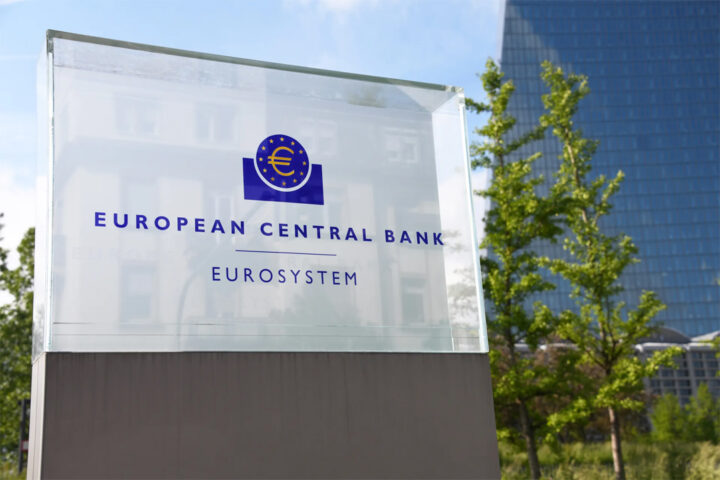By Craig Erlam
European stocks posted losses of 1% on Wednesday, paring some of the gains we’ve seen over the last couple of weeks.
We’ve clearly seen an improvement in sentiment recently as investors have become encouraged by the negotiations between Ukraine and Russia and the impact that’s had on commodity prices. There remains enormous uncertainty though which may limit any upside we see going forward given the scale of the rebound.
There doesn’t appear to have been a major step forward in negotiations in recent days and the bulk of the hard-hitting sanctions were levied against Russia shortly after the invasion. While further measures have been announced since, it seems a lot of the disruption was priced in early.
We are seeing oil and gas prices rallying which may be contributing to the declines we’re seeing in equity markets, given the additional pressures that will put on households and businesses should it be maintained.
The decision by Vladimir Putin to insist on payments from hostile nations for Russian gas to be made in roubles has caused a stir. European gas prices spiked on the back of the announcement, given how big an importer the bloc is, while equity markets extended their losses in the aftermath.
It’s unclear what exactly this will mean for importers of Russian gas and whether it will be possible, let alone straightforward given the sanctions that have been imposed.
Putin has given the central bank a week to work out the details, at which point we’ll have a much better understanding, but until then it just adds to the uncertainty.
UK inflation
UK inflation spiked again last month, hitting 6.2% up from 5.5% in January and it’s expected to rise much further this year. As per the OBRs latest forecasts, inflation is expected to average 7.4% this year, peaking at 8.7%, which obviously vastly exceeds the central bank’s target.
That prompted Chancellor Sunak to outline a variety of measures aimed at alleviating some of those pressures this year including a 5p fuel duty cut, an increase in the national insurance threshold, and a cut in the basic rate of income tax, although the latter won’t come into force until 2024.
While that may ease some pressure, households and businesses are going to experience significant cost increases this year from an array of sources. And they won’t have any help from the Bank of England, with interest rates rising for a third consecutive meeting last week with more to come. They appeared to signal a slight softening of stance alongside the announcement, but the data and forecasts may force a rethink.
Oil surges
Oil prices are more than 5% higher after Russia confirmed that oil exports via the Caspian Pipeline Consortium (CPC) will fall by around a million barrels a day for up to two months as a result of storm damage. This comes at a time of significant tightness in the market and could contribute to further increases in the price in the coming weeks.
That is of course unless other producers step up and utilise the spare capacity in order to prevent oil prices from hitting recessionary levels. But that still seems a stretch despite the efforts of leaders from a variety of consuming countries unless Russia decides to support such a move.
Gold in consolidation
Gold prices are a little higher in risk-averse trade but broadly speaking remain in consolidation, just as they have for the last week.
The yellow metal is very much struggling for direction faced with high inflation but much more aggressive tightening and substantial uncertainty but improved sentiment. It may remain well supported given the sheer level of uncertainty, but upside may face more resistance than we saw last month for example unless we see a significant escalation in Ukraine.
Craig Erlam is Senior Market Analyst, UK & EMEA at OANDA
Opinions are the author’s, not necessarily that of OANDA Global Corporation or any of its affiliates, subsidiaries, officers or directors. Leveraged trading is high risk and not suitable for all. Losses can exceed investments.







